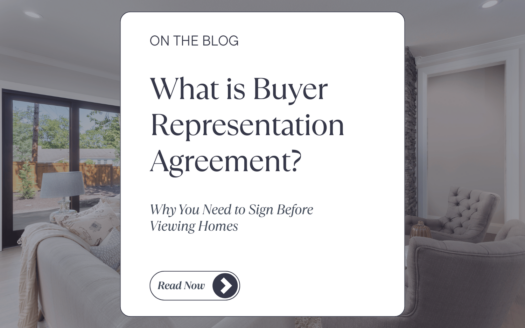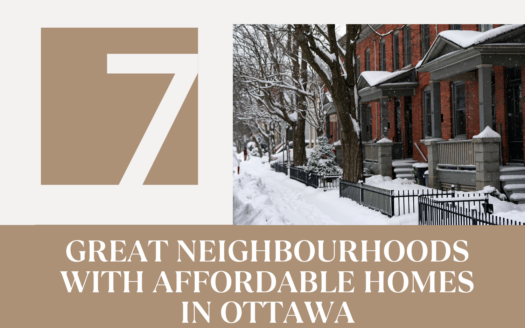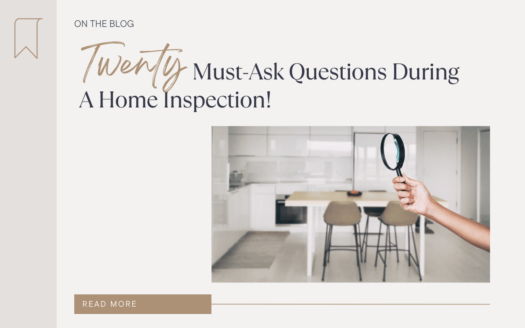Buying a Home in Ottawa: Find Out How Much You Can Afford
With rising house prices and high interest rates, buying a home in Ottawa can be a daunting prospect. To avoid overextending yourself financially, it’s important to have a clear picture of how much home you can afford. There are a number of factors that will play a role in your homebuying power including income, debt, down payment, and interest rates. To ensure you’ve got all your bases covered, we’ve broken down everything you need to know to determine how much home you can afford.
Understand Your Income
The first step in determining how much home you can afford is to calculate your gross household income (income before tax). Your gross household income includes everyone who will be listed on the mortgage application. Be sure to include all sources of income as well as any bonuses, commissions, or extra pay.
Calculate Your Debt
To determine how much home you can afford, Canadian banks use two different debt calculations: Gross Debt Service Ratio (GDS) and Total Debt Service Ratio (TDS).
Your Gross Debt Service Ratio is the percent of your income required to cover your housing expenses. This includes mortgage, property taxes, heating, and condo and/or association fees (if applicable). Your GDS must not exceed 39%.
Total Debt Service Ratio is the percentage of your income that is required to cover the above housing expenses and ALL other debt payments. Your TDS must be less than 44%.
You can calculate your debt ratios using CMHC’s Debt Service Calculator.
Save for a Down Payment
The biggest hurdle for many homebuyers is the down payment. You’ll need to save a significant amount of money to make the initial deposit required to purchase a home in Ontario. If the home you’re buying is less than $500,000 you’ll need a minimum of 5% of the purchase price for your down payment. This means you would need a down payment of at least $22,500 for a $450,000 home. If the home you’re buying is more than $500,000 (but less than $1 million), you’ll need 5% of the first $500,000, plus 10% of the remaining value. And for homes that cost $1 million or more, your down payment must be a minimum of 20% of the purchase price.
Don’t Forget About Mortgage Insurance
It’s important to remember the amounts above are the minimum you can put down. A larger down payment will help decrease your monthly payments and will determine whether you also need to obtain mortgage insurance. When buying a home in Canada you are required to purchase mortgage insurance if your down payment is less than 20% of the purchase price. The larger your down payment, the lower your mortgage insurance premiums will be. Mortgage insurance is added to your mortgage, so not only are you borrowing more, you also pay interest on the insurance fee.
The Mortgage Stress Test
To qualify for a new mortgage or transfer your current one, you must pass the mortgage stress test. The stress test ensures you can afford to make payments at the qualifying interest rate. For the stress test, banks will use the higher of either 5.25% OR 2% more than the interest rate you negotiate with your lender. If you don’t pass the stress test, you’ll be offered a smaller mortgage, which will decrease how much house you can afford.
Using a Mortgage Calculator
Online mortgage calculators are a great way to determine how much home you can afford. You can use them to compare rates, payment frequency and more to find your best mortgage options. To use a mortgage calculator, you’ll need the following information:
Step 1 – Enter the Mortgage Details
Mortgage details include: the purchase price of the home, the amount of the down payment, and the amortization period (number of years) of the mortgage.
Step 2 – Mortgage Terms
The mortgage interest rate and payment frequency allow you to see how your payments can change by adjusting these variables.
Budget Extra for Closing Costs
In addition to your down payment, you will also need to budget for closing costs. Closing costs include (but are not limited to) land transfer taxes, legal fees, and home inspections. And don’t forget to set some money aside for moving expenses such as movers or truck rental, utility hookups and unexpected repairs in your new home.
If you’re trying to determine how much home you can afford, we can help! We’ll put you in touch with the right people to help you build the best home buying team. Then when you’re ready, we’ll help you find the perfect home in your price range. Get started by contact us today





